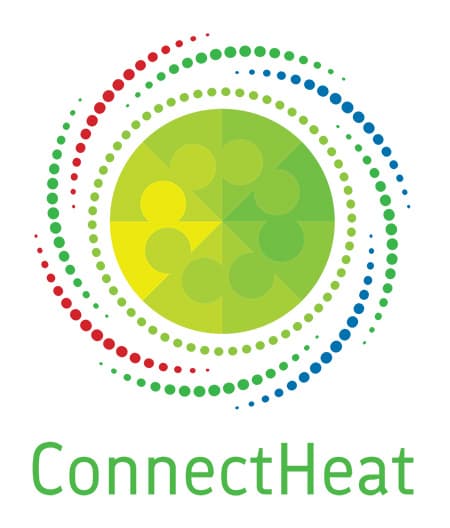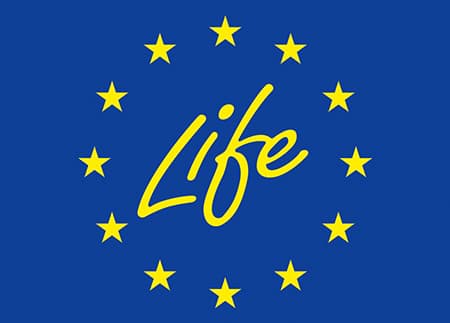Community engagement for clean heat
Subject
- Buildings
- Energy efficiency
- Energy concept
Task
- Research
- Pilot project
- Knowledge transfer
Funding
- Private financing
Period
01.10.2022 – 30.09.2025 (36 Months)
Budget
1 559 950 Euro (Solites: 201 600 Euro)
Description
ConnectHeat will create an enabling policy and strategic framework and build the capacities of public authorities to trigger innovative community energy initiatives through local participative processes. These shall increase the share of renewables in heating and cooling across Europe.
It will develop pilot cases in seven different European regions addressing different socio-economic, environmental and political contexts.
Client
European Climate, Infrastructure and Environment Executive Agency (CINEA), under the powers delegated by the European Commission
Partner
- Steinbeis Forschungsinstitut Solites (DE)
- Ambiente Italia SRL (IT)
- Regionalna Energetska Agencija Sjeverozapadne Hrvatske (HR)
- Federation Europeenne des Agences et des Regions pour l’Energie et l’Environnement (BE)
- Euroheat & Power (BE)
- APE FVG Agenzia per l‘Energia del Friuli Venezia Giulia (IT)
- Energy Agency of Plovdiv Association (BG)
- Intercommunale Leiedal (BE)
- Instituto Tecnologico de Canarias, S.A. (ES)
- Agencia Regional de Energia e Ambiente do Oeste Oestesustentavel (PT)
Aim
The objectives of the project are:
- Empowering cooperation between public authorities, local communities and relevant stakeholders
- Enhancing knowledge of the local energy systems and of local sector H&C trends
- Increasing expertise and know-how on feasibility and sustainability of community energy initiatives
- Co-creating local strategies for wide-scale H&C community energy concept replication
- Concrete implementation of H&C community energy projects in seven EU regions
- Dissemination of key outcomes to foster EU-wide replication
Implementation
The ConnectHeat Project is divided in five Workpackages (WP):
- WP 1: Project management & impact evaluation
- WP 2: Preparing the local enabling framework for community energy
- WP 3: Capacity building and knowledge transfer on community energy
- WP 4: Making the change – Pilot Cases, Policy Roadmaps and Blueprint
- WP 5: Sustainability, replication and exploitation of project results
Solites’ focus is on developing measures for the pilot case in Stuttgart to change user behavior to save heat in residential buildings. Solites is also responsible for the activities of ConnectHeat in WP 4.
Results
ConnectHeat will generate sustainable impacts and offer inspiring activities and tools:
- 7 Stakeholder Advisory Groups set up in target areas to support heating and cooling community development
- 7 surveys to explore local heating and cooling dynamics and define baselines for heating and cooling community development
- 6 train the trainer sessions building up capacity within the consortium
- 28 local training sessions for key stakeholders to prepare the ground for heating and cooling communities
- 7 heating and cooling community energy policy roadmaps
- A heating and cooling community Developer’s Blueprint for further replication
- A position paper with key recommendations to improve the current policy framework
- 7 local Community Energy Boards acting as working groups
- 7 pilot heating and cooling community energy projects with a large coverage of sectors, solutions and renewable sources
- 1 International Stakeholder Advisory Group
- 7 pilot replicators identified and involved
- 16+ EU-wide workshops and events for everyone interested

Downloads and Links
www.linkedin.com/showcase/connectheat
Contact
Magdalena Berberich
berberich@solites.de
The LIFE21-CET-ENERCOM-CONNECTHEAT project has received funding from the European Union’s LIFE Programme under grant agreement No. 101076258.

The sole responsibility for the content of this webpage lies with the authors. It does not necessarily reflect the opinion of the funding organization. Neither the funding organization nor the author are responsible for any use that may be made of the information contained therein.